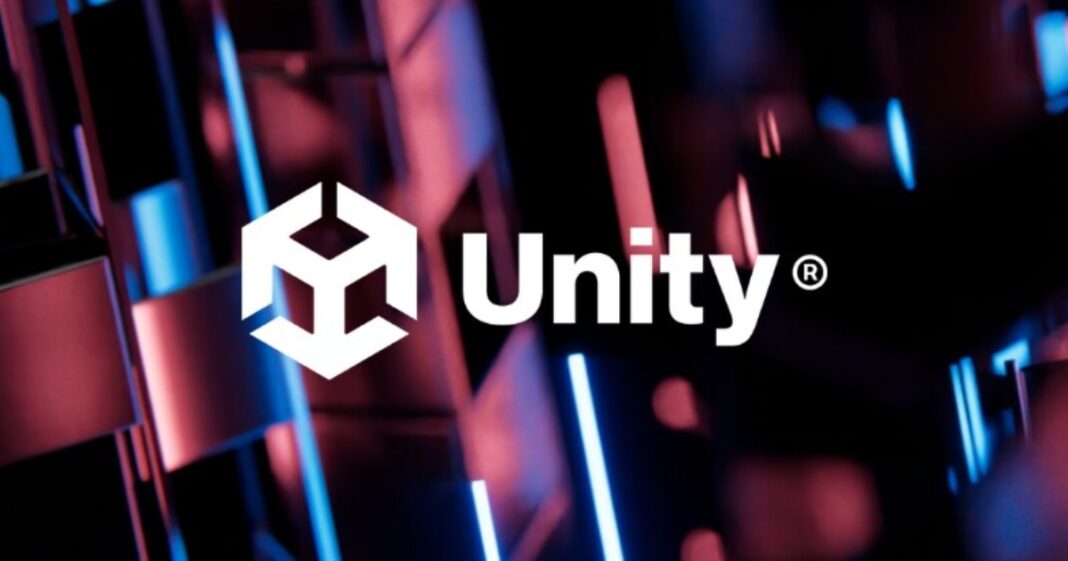Unity, the tech company behind one of the most popular engines for creating video games, is scrambling to clarify how price increases for its services will work.
Why it matters: The fee, which Unity said is necessary to fund the development of its tech, has left many game makers wondering. If making a hit game through Unity is more than they earn. It will cost money.
Developers talked throughout the day of delaying their games to switch to rival Epic Games’ Unreal Engine or other services on X. The platform formerly known as Twitter.
But by evening, Unity exec Marc Whitten was updating Axios on the policies, possibly addressing some of the concerns raised by game creators.
Details: The new “runtime fee” announced Tuesday morning tied to a player’s game installations. A process that previously cost developers nothing. With Unity’s new plan, developers using Unity’s free-tier development services will owe Unity $0.20 per install. Once their game reaches the 200,000 downloads threshold and generates $200,000 in revenue.
Developers paying more than $2,000 a year for the Unity Pro plan will have a higher threshold and be charged less.
The new fee system will begin in early 2024.
Yes, but: Game developers, rallying to the X, were immediately outraged that any game enjoyed a surge in installs due to big sales, being included in charity bundles or being included in a popular subscription service like Microsoft’s Game Pass. is enjoying Trigger back breaking unity face.
“Stop it,” development studio Innersloth, makers of the hit Among Us, tweeted Tuesday evening.
“This will hurt not only us, but fellow game studios of all budgets and sizes.”
Another studio, Agro Crab, called on Unity to change its plans. Saying it feared that its next game, set to release to 25 million subscribers on GamePass, would cause “our “may threaten the stability of the business”.
Conspiracy: The coalition has worked to clarify and in one important case change what it says about its policies on fees.
Zoom in: After initially telling Axios earlier Tuesday that a player installing a game, deleting it and reinstalling it would result in multiple fees, Unity’s Whitten told Axios Told that the company would actually only charge for the initial installation. (A spokesperson told Axios that Unity has “regrouped” to discuss the issue.)
He hoped this would end the fear of “install-bombing”, where a disgruntled user might delete and reinstall a game to collect a fee to punish a developer.
But an additional fee will be charged if a user installs the game on another device. Such as a Steam Deck after installing the game on a PC.
Between the lines: Game demo installations won’t even charged a runtime fee. Whitten said, unless the demo is part of a download that includes the full game.
Games offered for charity or involving charitable organizations will be exempt from the fee. Whiten said Unity will provide a way for developers to notify Unity that their games are being rendered this way.
As for Game Pass and other subscription services, Whitten said developers like AgroCrib won’t be on board. As fees are charged to distributors, with Game Pass being Microsoft’s example.
Whitten said there will also be no runtime fee for game demo installations. Unless the demo is part of a download that includes the full game.
Worth noting: Whitten estimates that about 10% of Unity developers will have to pay any fees at all. Given the amount of games needed to reach the limit.
What they’re saying: “Our main point with this is just to make sure we have the right value exchange. So we can continue to invest in our core mission of making sure we make people the best they can be. To provide the best tools for the game.”
“It’s not fun to get a bunch of angry comments on a particular day. And I think we need to clarify some of those points.
“But we’re listening and we’ll continue to make sure we deliver our best.”


